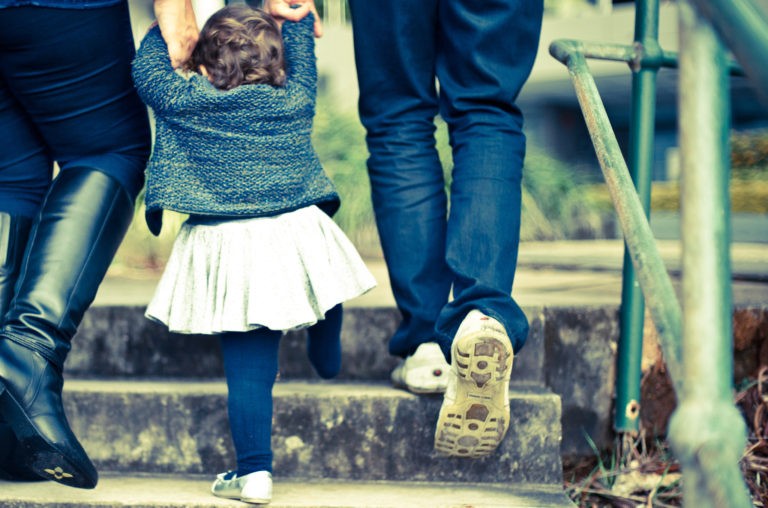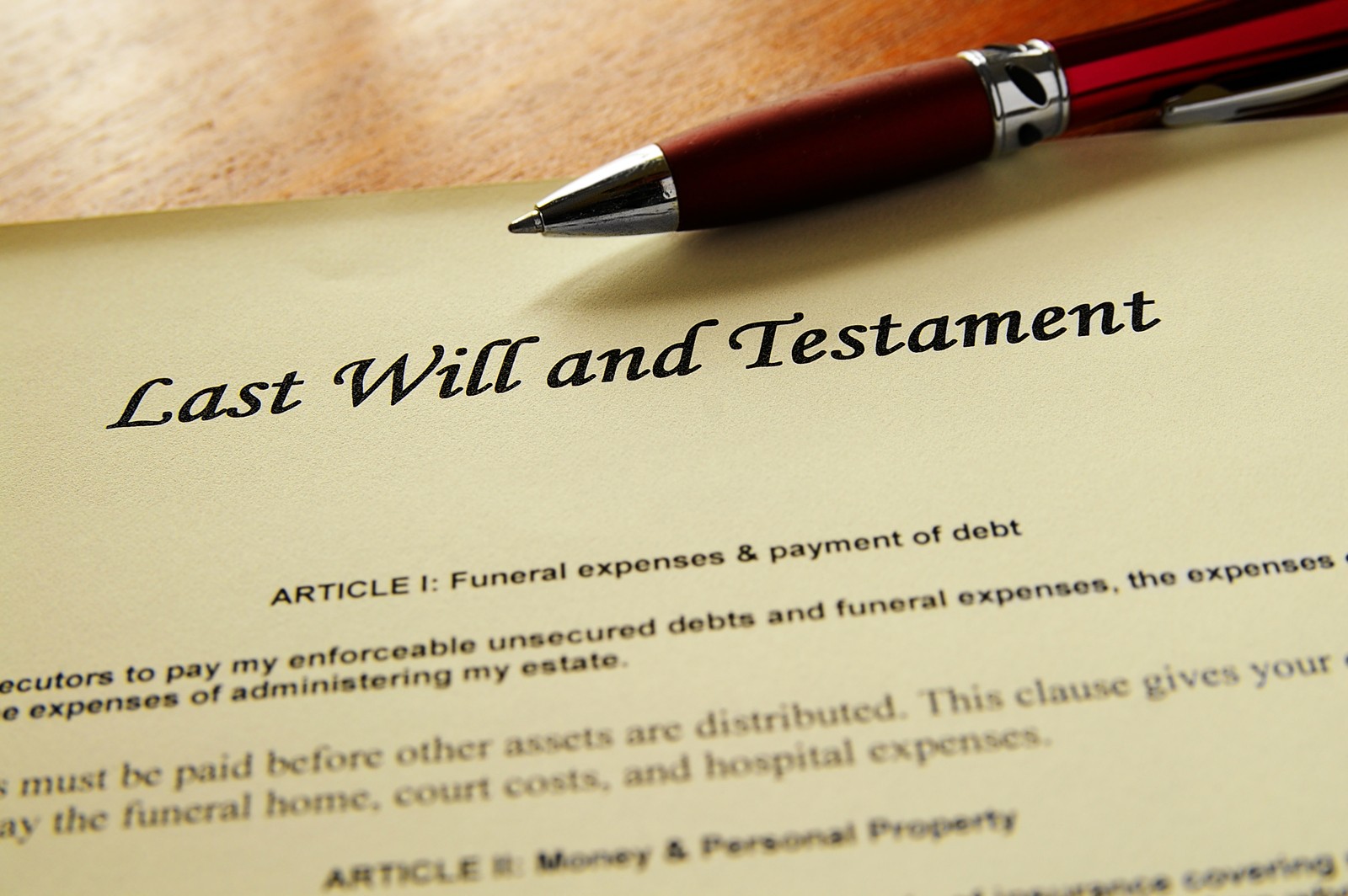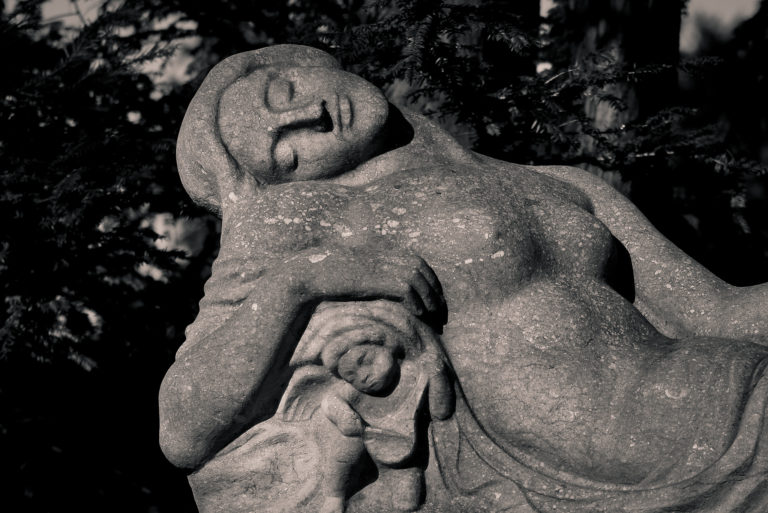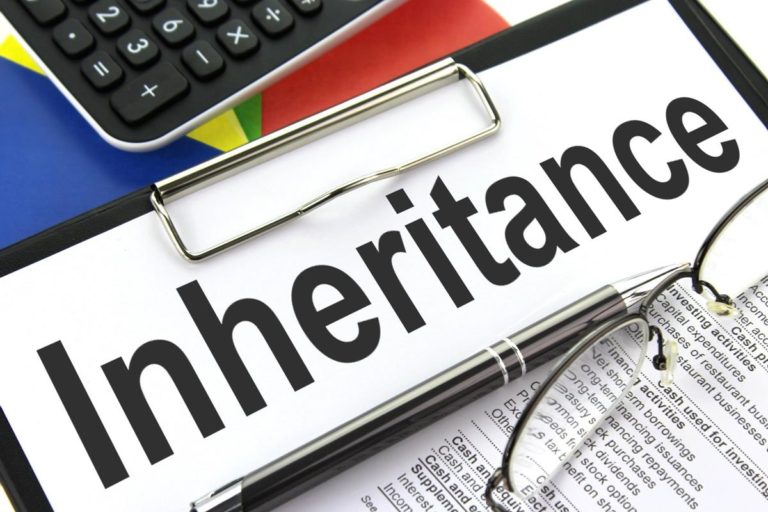Losing a loved one is a deeply personal and trying occurrence. When you or your friends are dealing with a death, relating to and understanding pain can seem like an insurmountable task. While each person handles the stress of a loss differently, psychologists have identified the stages to bereavement shared by humans. While little can console the loss of a loved one, understanding the stages of bereavement reminds you that what you are going through is a natural, if unfortunate, part of our shared human experience.
The stages of grief, also referred to as the Kubler-Ross model (Kubler-Ross, 1969) were first identified by Elisabeth Kubler-Ross. Kubler-Ross, who was working in a hospital, began to notice trends amongst patients who had received terrible news; a terminal illness or the death of a loved one. These trends became the five stages of bereavement. Since their introduction these stages have been validated by various academic sources (Hardt ,1979).
What are the five stages of bereavement?
Whilst each person’s experience differs according to coping mechanisms and attachment to the deceased, bereavement proceeds in five stages over the course of 8 to 12 months (Hardt, 1979). These phases are denial, anger, bargaining, depression, and finally acceptance (Hardt, 1979). Different people may spend varying amounts of time at each phase.
Denial and Isolation
Most people’s first reaction to the death of a loved one is an intense feeling of denial and isolation. It’s common for people to deny that their loved one have really passed. “it’s impossible, I saw her yesterday” or “No he was too fit, there must be some kind of mistake” being common re-frames. This denial is a due to the shock of the loss. We often strive to cling the preferable, if false reality. Denial and isolation guide us through the first phases of loss onto anger.
Anger
As we slowly accept the loss of a loved one, the emotional strain and shock is often too intense and exhibited as anger. We seek others to blame for our new painful reality, be it the doctors at the hospital, other loved ones, or the deceased themselves. Our anger often creates feelings of guilt which can exacerbate our frustrations. Remember that your anger is due to feelings of helplessness.
Bargaining
As we rationalise a loss, we begin to bargain in an attempt to regain control of our present situation. Upon losing a loved one we typically attempt to bargain or ask ourselves what we could have done differently. “If only he’d smoked less” or “we should have gone to the doctor earlier” are typical notions. These thoughts, albeit futile, allow us to regain a feeling of control. The end result is still the same and eventually we begin to accept that the loss was out of our hands.
Depression
The fourth stage of bereavement is depression. We understand that we are powerless in the loss of our loved ones, and move onto to intense feelings of sadness. We are plagued by worries and regrets. We stress about funeral expenses. We regret not only lost opportunities with the deceased, but also the time we spent feeling angry and bargaining with ourselves. At this stage it is important to seek the support of your surviving loved ones.
Acceptance
After sometime and with the support of our loved ones, we will arrive at acceptance. At this stage we begin to make peace with those around us and with our loss. If we are lucky, we are able to accept both the tragedy and the loss as being a natural if unfortunate part of our human experience.
Dealing with loss is an inevitable side effect of our humanity. We should remember that the five stages of bereavement is our body’s method of ferrying us through the waters of mourning. While the whole process is undeniably unpleasant, it is part of what makes us human, and is on the whole a healthy, natural experience.
Sources:
Hardt, D. V. (1979). An investigation of the stages of bereavement. OMEGA-Journal of Death and Dying, 9(3), 279-285.
Kübler-Ross, E., Wessler, S., & Avioli, L. V. (1972). On death and dying. Jama, 221(2), 174-179.





